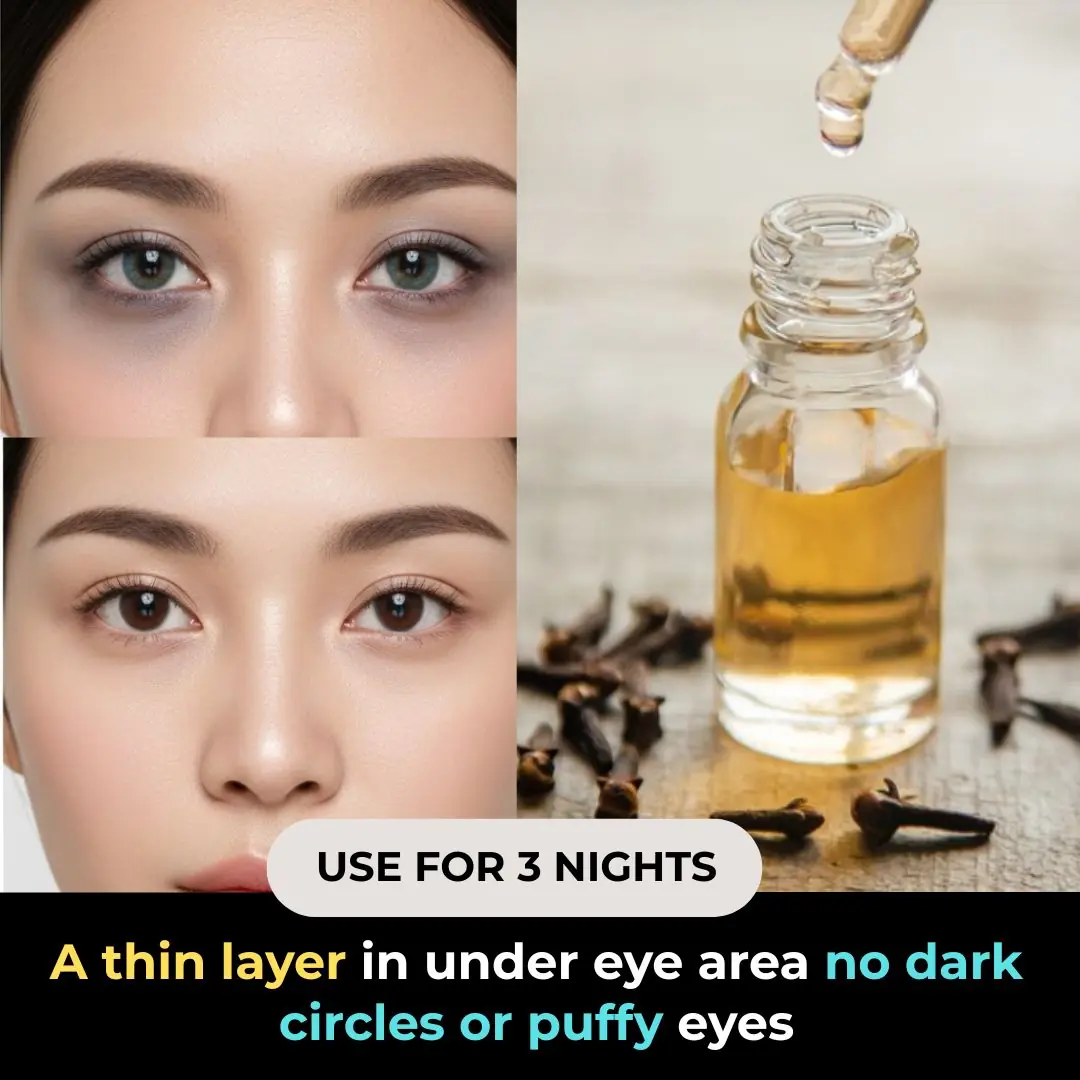
Nine Year Study Finally Explains The Relationship Between Sugar And Cancer

Every cell in the human body requires energy to function — from brain cells sending electrical impulses to heart muscles contracting to keep blood flowing. While there are several sources of energy, glucose, a simple sugar derived from carbohydrates, holds a special place in medical research.
Why? Because glucose isn’t just the body’s preferred energy source — it’s also the favorite fuel of cancer cells. Scientists have long observed that cancerous cells don’t just use more glucose than healthy cells; they also process it in a completely different way, consuming it at a much faster rate.
🔬 The Warburg Effect: How Cancer Cells Reprogram Energy
This phenomenon, known as the Warburg Effect, describes how cancer cells alter their metabolism to prioritize sugar breakdown. Instead of using the typical, oxygen-based process of energy production (oxidative phosphorylation), they switch to a faster, less efficient route: aerobic glycolysis — fermenting glucose into lactate even when oxygen is plentiful.
The effect was first identified by Dr. Otto Warburg, a German physiologist who won the Nobel Prize in Medicine. His groundbreaking work revealed that tumor cells require enormous amounts of glucose compared to surrounding healthy tissues. Even more intriguingly, these cells were capable of producing lactate despite oxygen being available — something healthy cells normally wouldn’t do.
This shift allows cancer cells to:
-
Generate energy rapidly for survival and proliferation.
-
Produce essential building blocks for new cells.
-
Create an acidic microenvironment that helps them invade nearby tissues.
Today, researchers view the Warburg Effect as a cornerstone of cancer metabolism, offering insights into why certain tumors grow more aggressively and resist treatment.
🍭 Can Sugar Cause Cancer?
The question of whether sugar itself can cause cancer has been debated for decades. While sugar doesn’t directly “cause” mutations that trigger cancer, mounting evidence suggests it can fuel tumor growth once cancer has developed.
Interestingly, historical evidence pointing to the harmful effects of sugar was discovered in a study funded by the sugar industry nearly 50 years ago — but it was buried and never published until recently.
According to a newly released paper:
“The sugar industry did not disclose evidence of harm from animal studies that would have strengthened the case that the coronary heart disease risk of sucrose is greater than starch and caused sucrose to be scrutinized as a potential carcinogen.” (1)
In other words, the sugar industry may have intentionally withheld data that linked high sugar intake to serious health risks — including cancer-related pathways.
🔁 The Vicious Cycle: Sugar and Tumor Growth
Recent research continues to explore this connection. Professor Johan Thevelein, a leading molecular biologist, describes a dangerous feedback loop:
“Our research reveals how the hyperactive sugar consumption of cancerous cells leads to a vicious cycle of continued stimulation of cancer development and growth. This explains the correlation between the strength of the Warburg effect and tumor aggressiveness.” (2)
In simpler terms, the more sugar cancer cells consume, the faster they grow — and the stronger their metabolic addiction becomes. This discovery opens new doors for developing metabolic-based therapies, which could one day target the unique energy demands of cancer cells while sparing healthy ones.
🧬 A Strong Connection Between Sugar, Insulin, and Cancer
Dr. Lewis Cantley, a renowned cancer researcher and professor at Weill Cornell Medicine, has spent decades studying how sugar and insulin affect tumor growth. In interviews, he has said bluntly:
“I have a very simple rule: I eat fruit, but I don’t eat anything that has sugar added to it. And I guarantee everybody would be better off if they ate zero added sugar.” (3)
Dr. Cantley’s research shows that excess sugar increases insulin levels, and high insulin acts like a growth signal for many types of tumors. Some cancers are so dependent on insulin and glucose that researchers refer to them as being “addicted” to sugar.
This connection has been observed in multiple cancers, including breast, colon, pancreatic, and prostate cancer. Reducing sugar intake can therefore help lower insulin levels, indirectly limiting one of the growth signals cancer cells depend on.
🍎 Not All Sugars Are Equal
It’s important to distinguish between natural sugars found in fruits, vegetables, and whole foods versus added sugars found in processed snacks, sodas, and desserts.
Natural sugars come packaged with fiber, vitamins, minerals, and antioxidants — all of which help slow absorption, support metabolism, and even protect against cancer. In contrast, added sugars are stripped of nutrients and promote inflammation, insulin resistance, and oxidative stress — conditions that can contribute to chronic disease.
For example, the antioxidants found in berries, citrus fruits, and leafy greens actively combat free radicals that can damage DNA and lead to mutations. That’s why nutrition experts emphasize that cutting processed sugar doesn’t mean cutting out healthy carbohydrates altogether.
🌍 Why This Research Matters
The growing body of evidence linking sugar to cancer metabolism marks an important shift in how scientists understand disease. It suggests that diet and lifestyle are not just preventive tools but potentially part of future treatment strategies.
Understanding how cancer cells use glucose could help doctors:
-
Design metabolic therapies that starve tumors of fuel.
-
Develop new diagnostic imaging tools that track glucose uptake.
-
Offer personalized nutrition plans to complement traditional treatments.
These findings also serve as a reminder that small changes — like limiting added sugar, eating more whole foods, and maintaining stable blood sugar levels — can have a profound impact on long-term health.
🩺 Final Thoughts
The relationship between sugar and cancer is complex, but one message is clear: what we eat truly matters. While sugar alone may not “cause” cancer, excess consumption can create the perfect environment for cancer cells to thrive.
As research continues, one thing remains certain — reducing added sugars in your diet won’t just help lower your cancer risk. It can also improve heart health, stabilize energy, and reduce the risk of diabetes and obesity.
Your body — and your cells — will thank you.
News in the same category


The Powerful Juice That Fights Anemia, Fatty Liver, and Blurry Vision Naturally

Remove Bad Odors from Your Refrigerator Overnight with These Simple Tricks
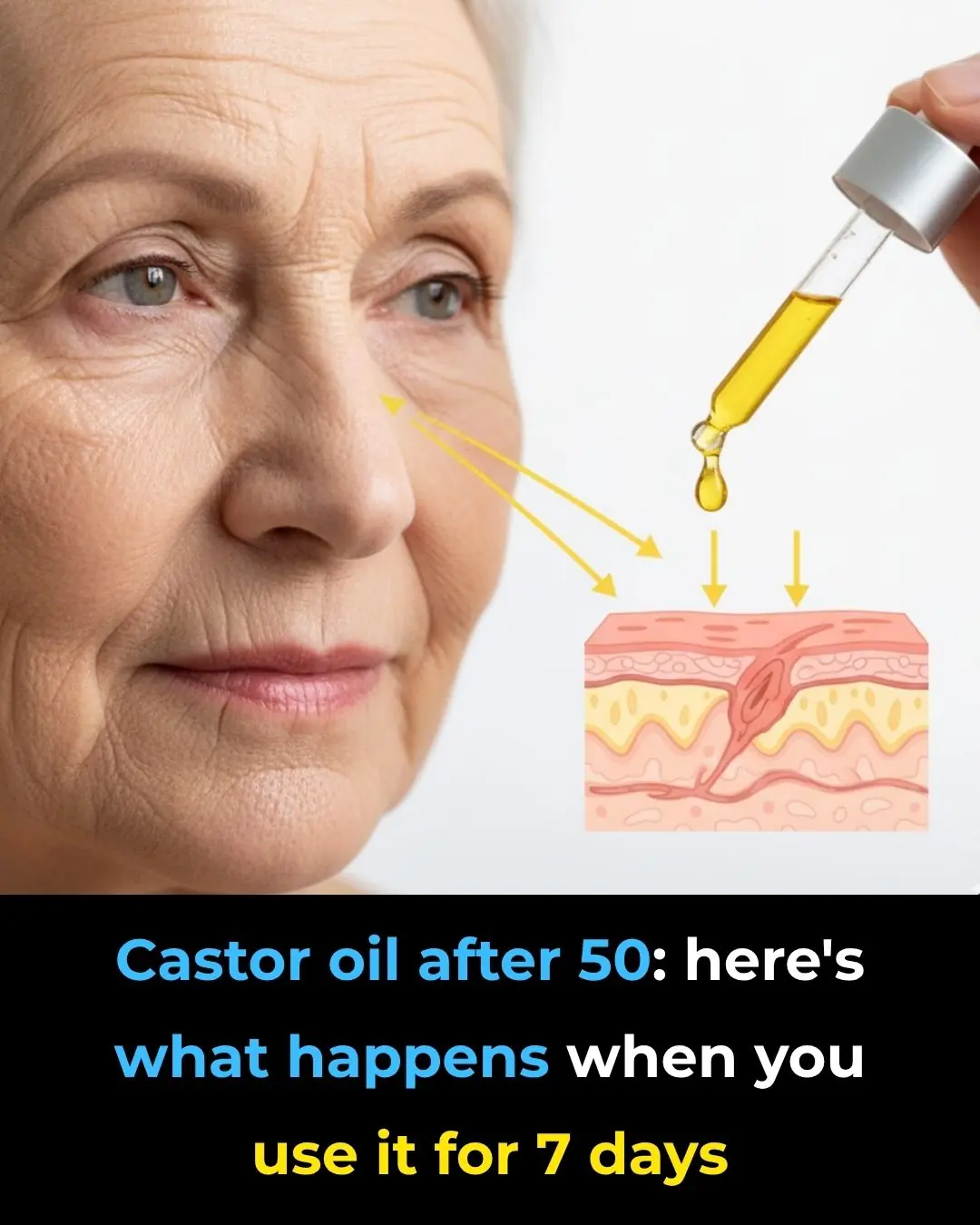
Castor Oil After 50: This Is What Happens After 7 Days Of Use!

Mix One Ingredient With Orange Juice To Flush Toxic Buildup From The Lungs

Drink one cup daily of this juice to UNCLOG arteries?

MISTAKE #1 WHEN CHEWING CLOVES (YOUR HEALTH IS IN DANGER)
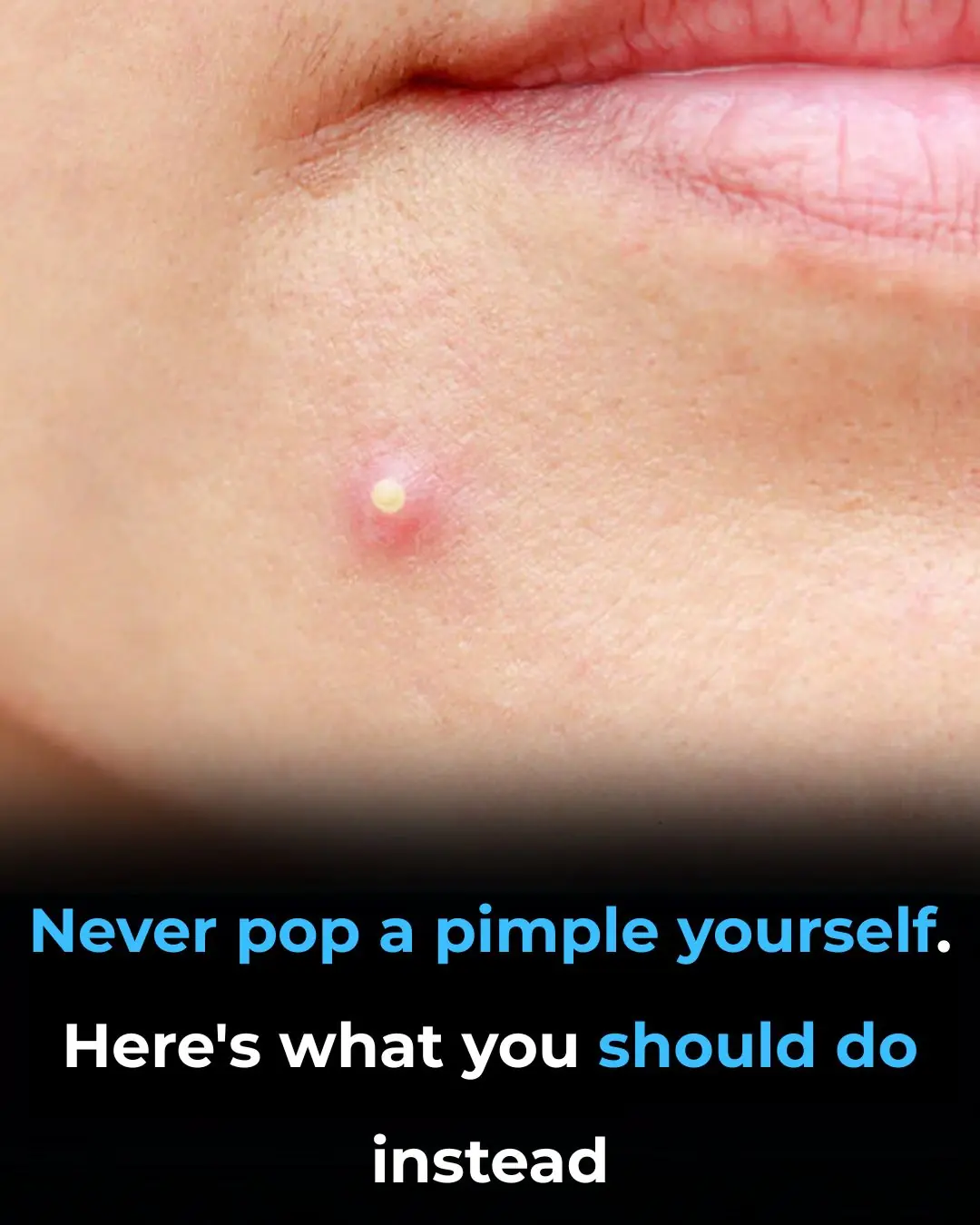
Just tried to stop my daughter from doing this
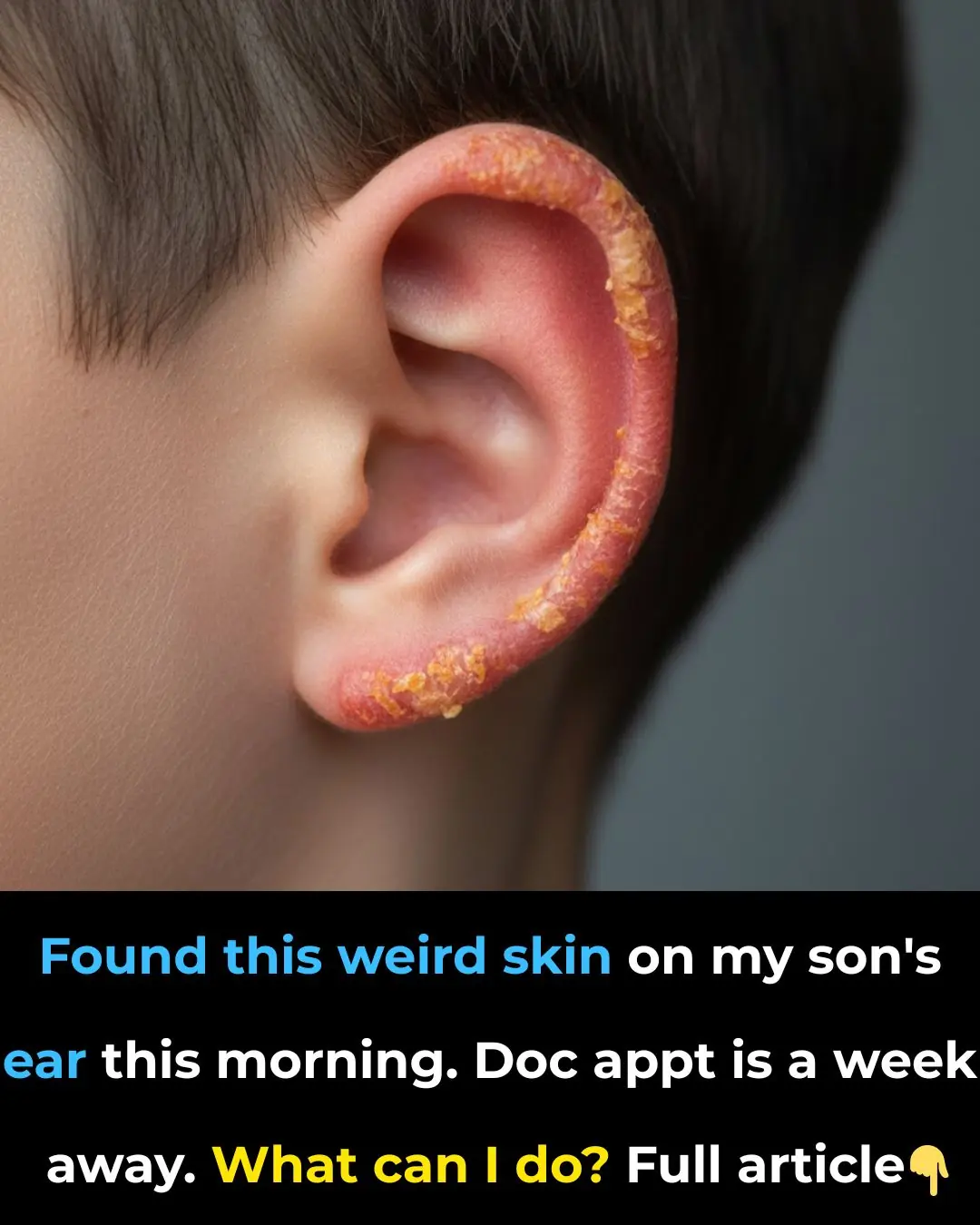
Found this weird skin on my son's ear this morning. Doc appt is a week away. What can I do?
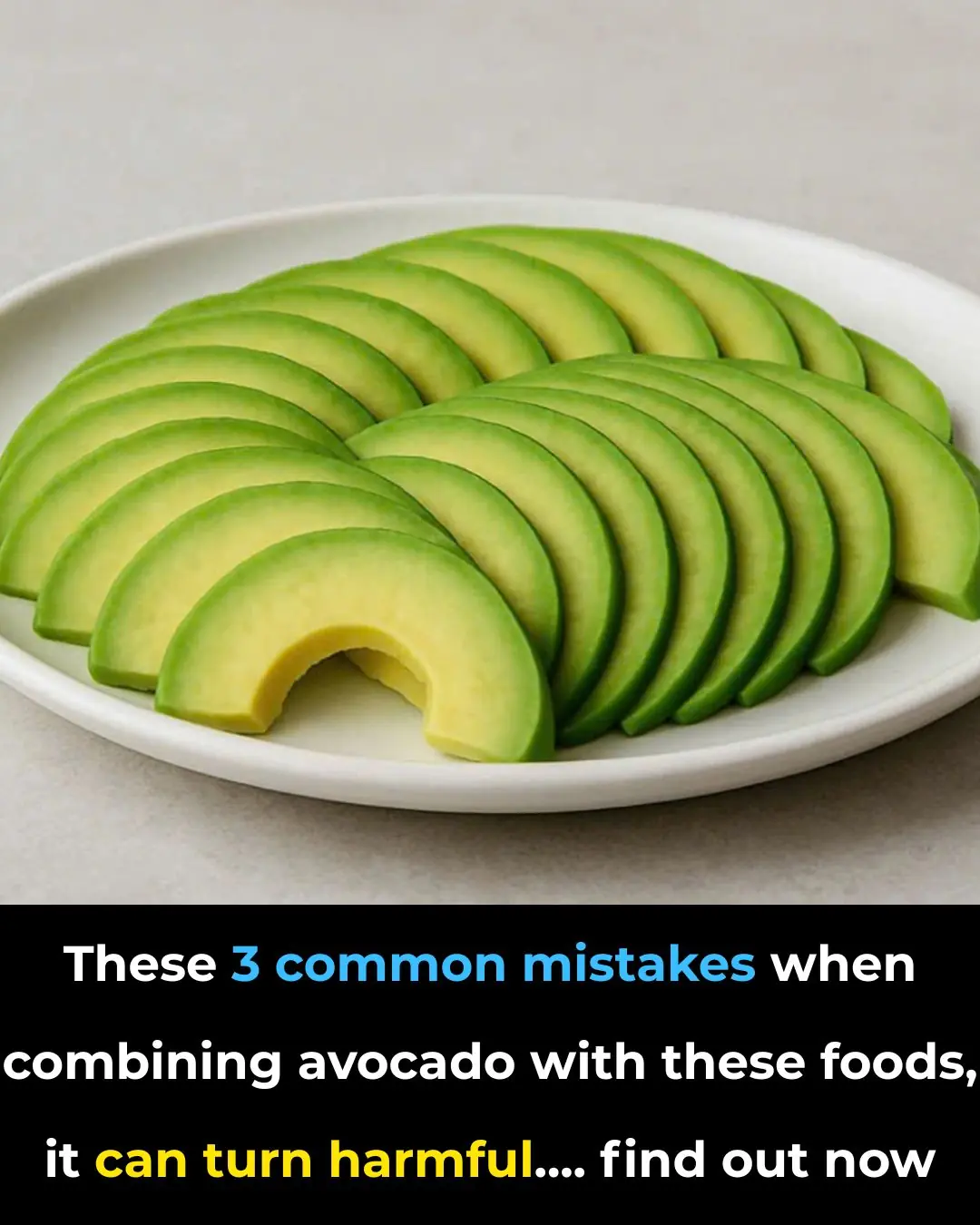
3 Common Mistakes People Make When Eating Avocados

Acid reflux natural remedy that works in minutes
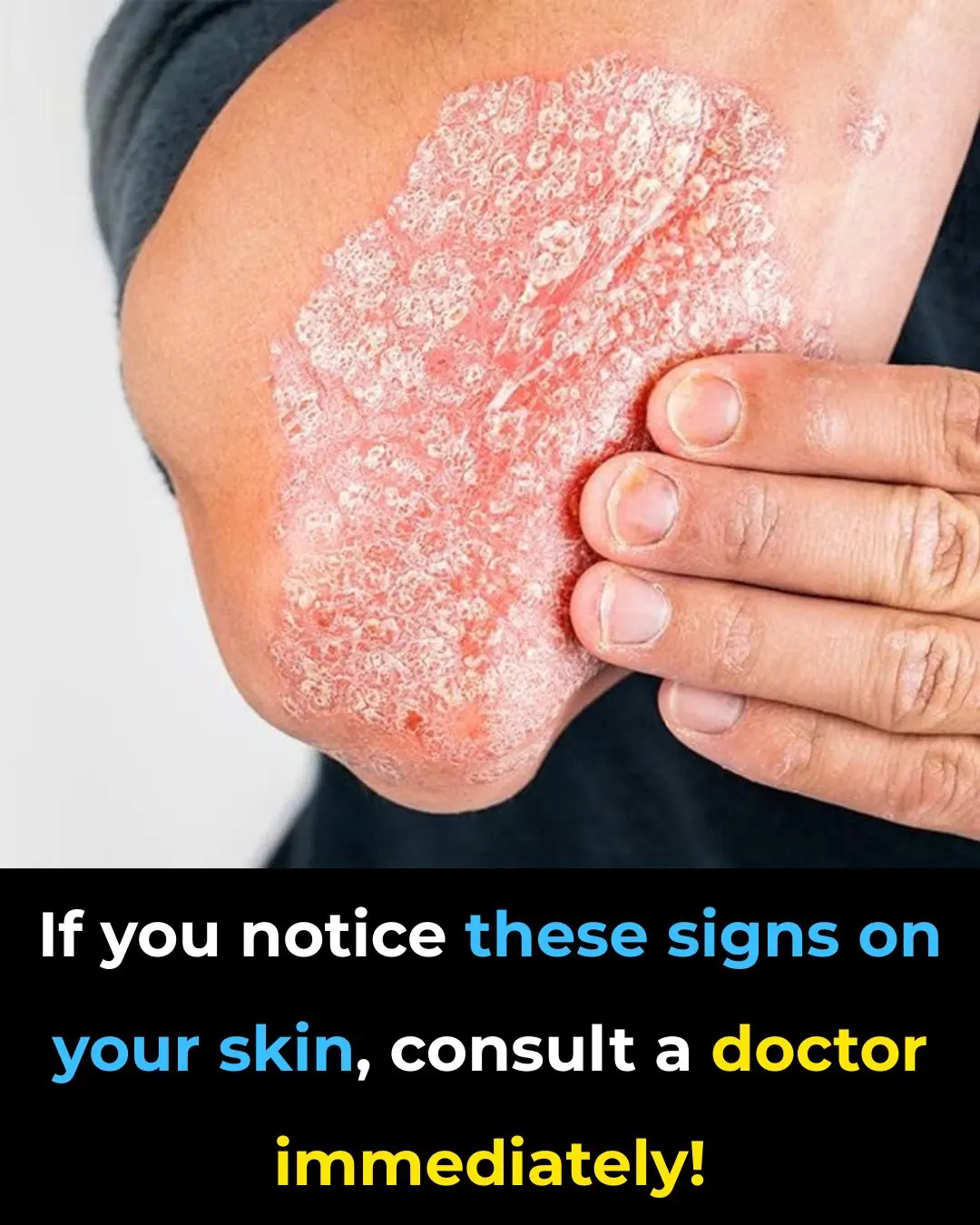
Warning Signs You Should Never Ignore on Your Skin

The 1-minute workout that’s up to 9x more powerful than your usual routine

7 essential vitamins every diabetic needs for nerve health

🧠 A Neurosurgeon Says Your Legs Could Predict Dementia Years Before Memory Loss

7 Best Foods to Rebuild Your Muscle Strength After 50

The B Vitamin Solution: How to Lower Blood Pressure When Medications Fail
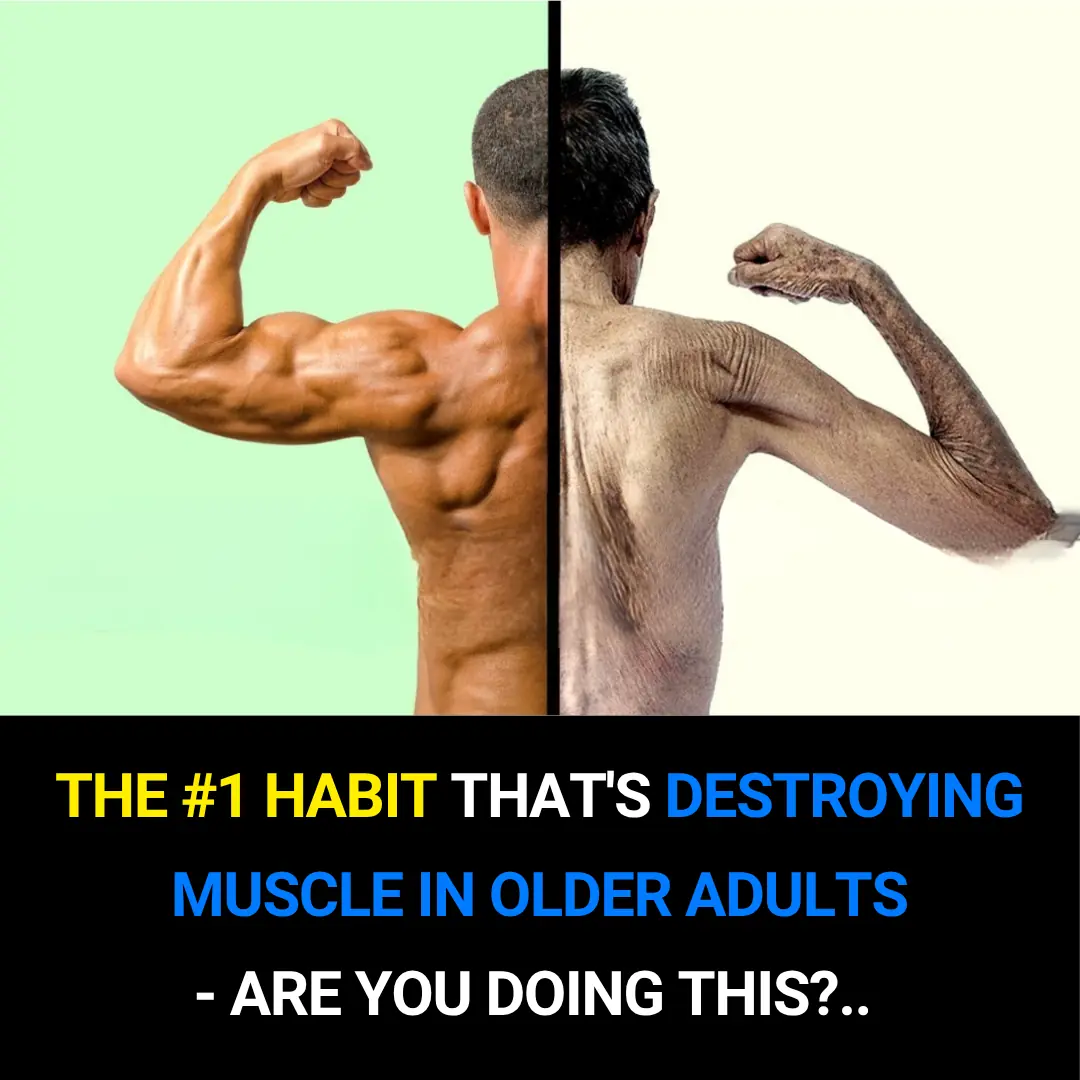
The #1 Habit That’s Quietly Destroying Muscle in Older Adults — Are You Guilty of This?

3 Warning Signs That Appear Days Before a Stroke Everyone Should Know to Prevent It
News Post

DIY Under-Eye Clove Cream for Dark Circles

Person 'sucked into plane engine' before takeoff dies in airport tragedy

The Powerful Juice That Fights Anemia, Fatty Liver, and Blurry Vision Naturally
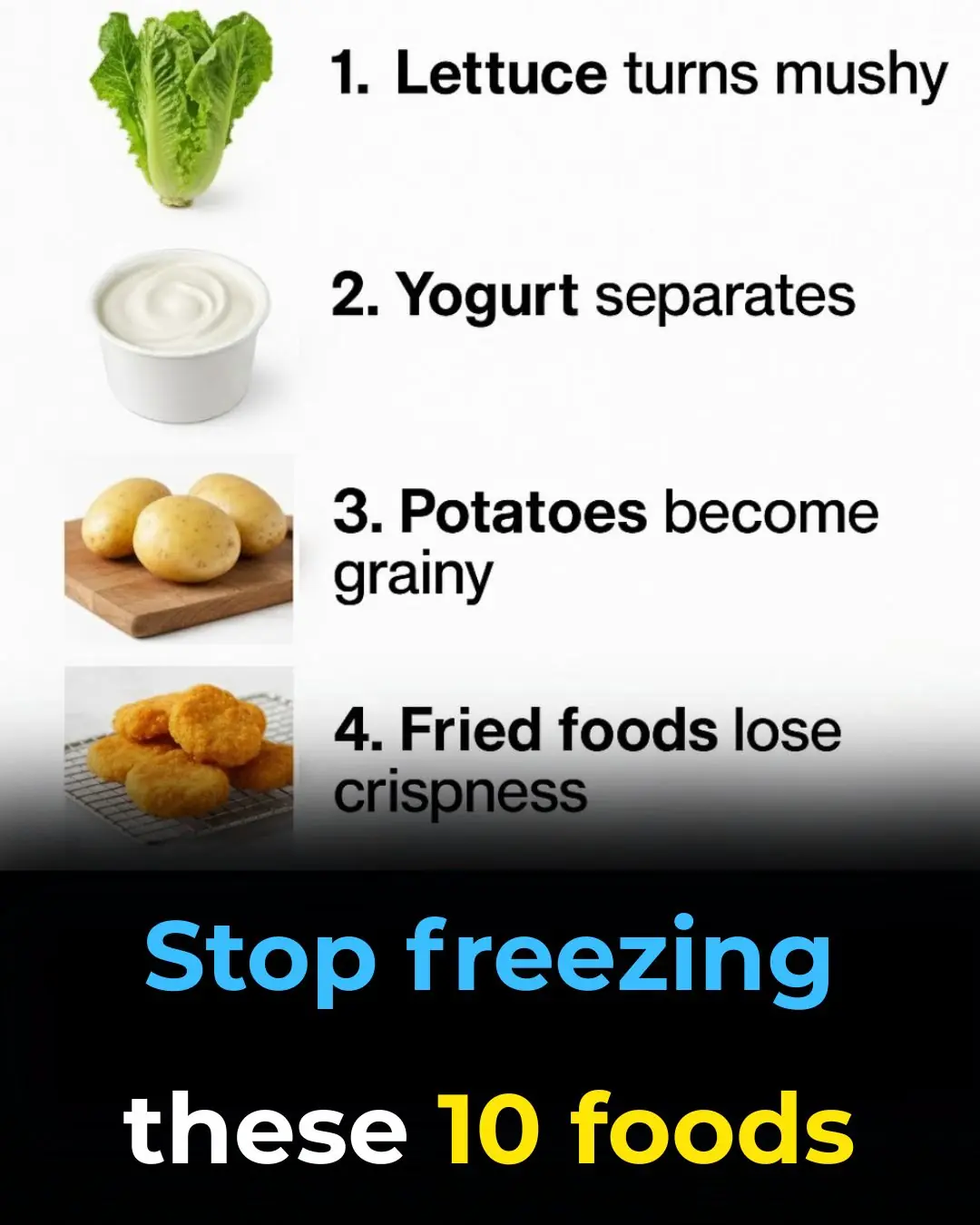
Stop freezing these 10 foods

10 top types of house spiders & how to get rid of each one

These ideas are brilliant
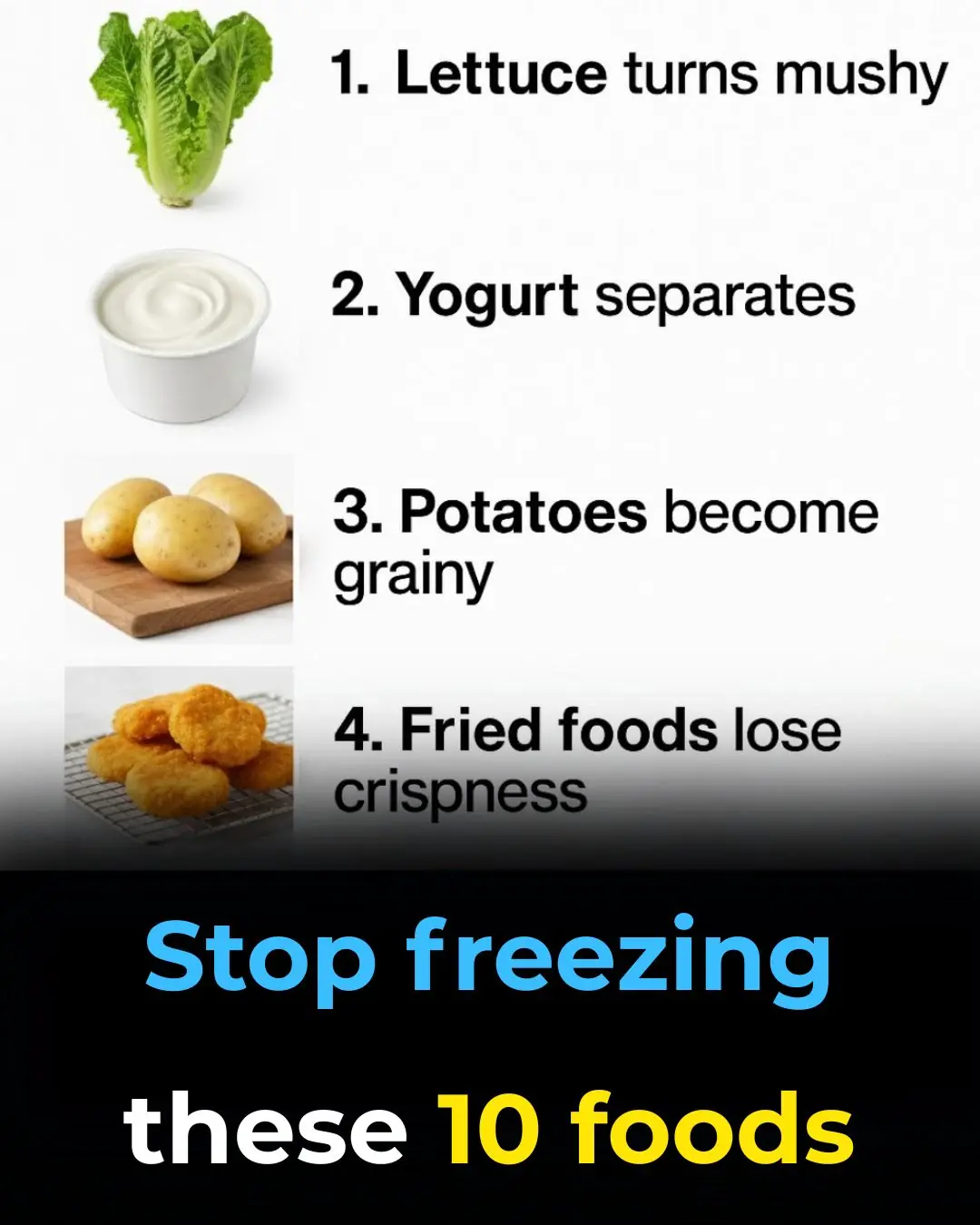
10 top types of house spiders & how to get rid of each one

10 Plants You Should Never Grow Near Lavender
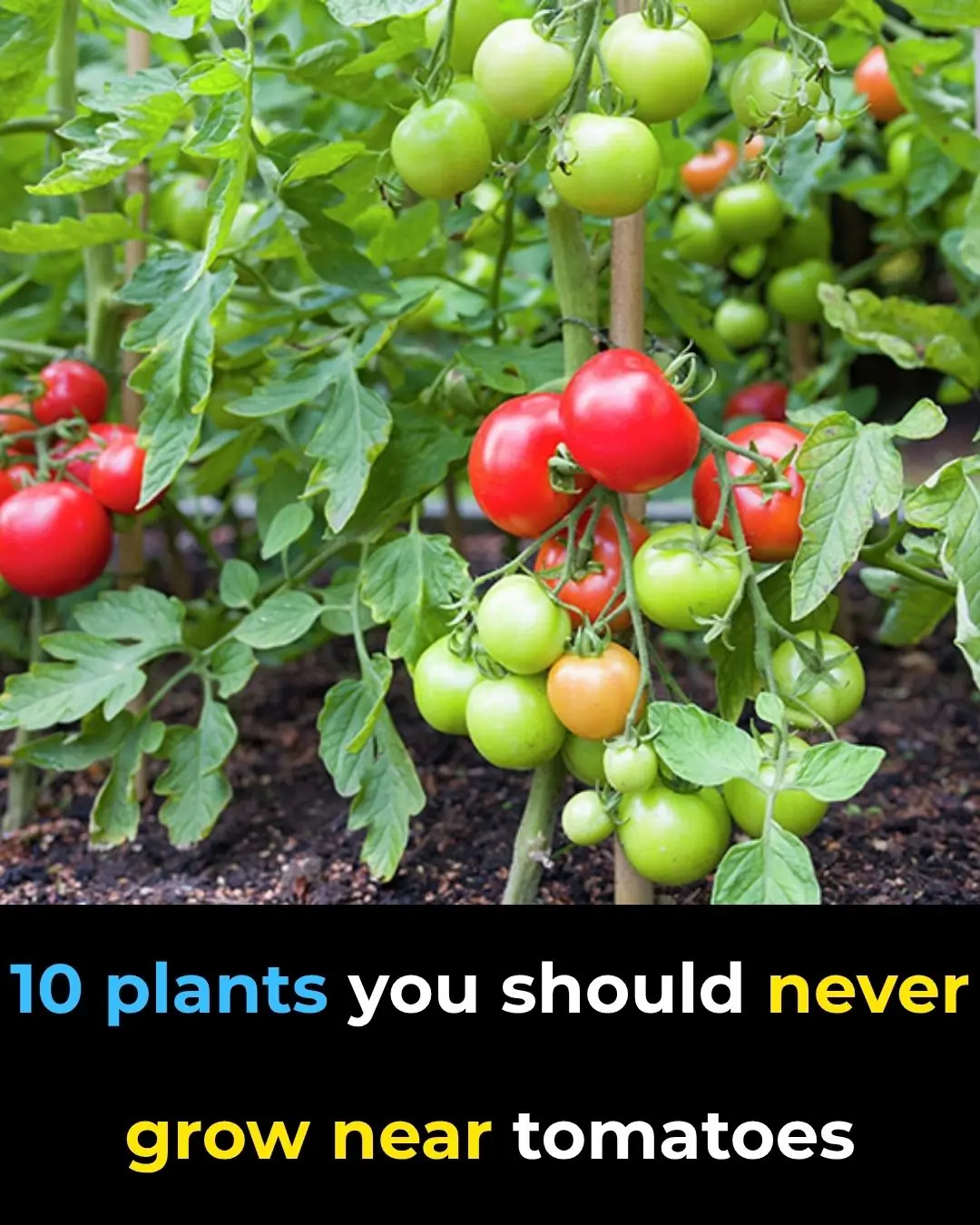
Plants You Should Never Grow Near Tomatoes

If You Spot This Snake in Your Garden, Leave It Be — Here’s Why It’s Actually Your Garden’s Secret Best Friend
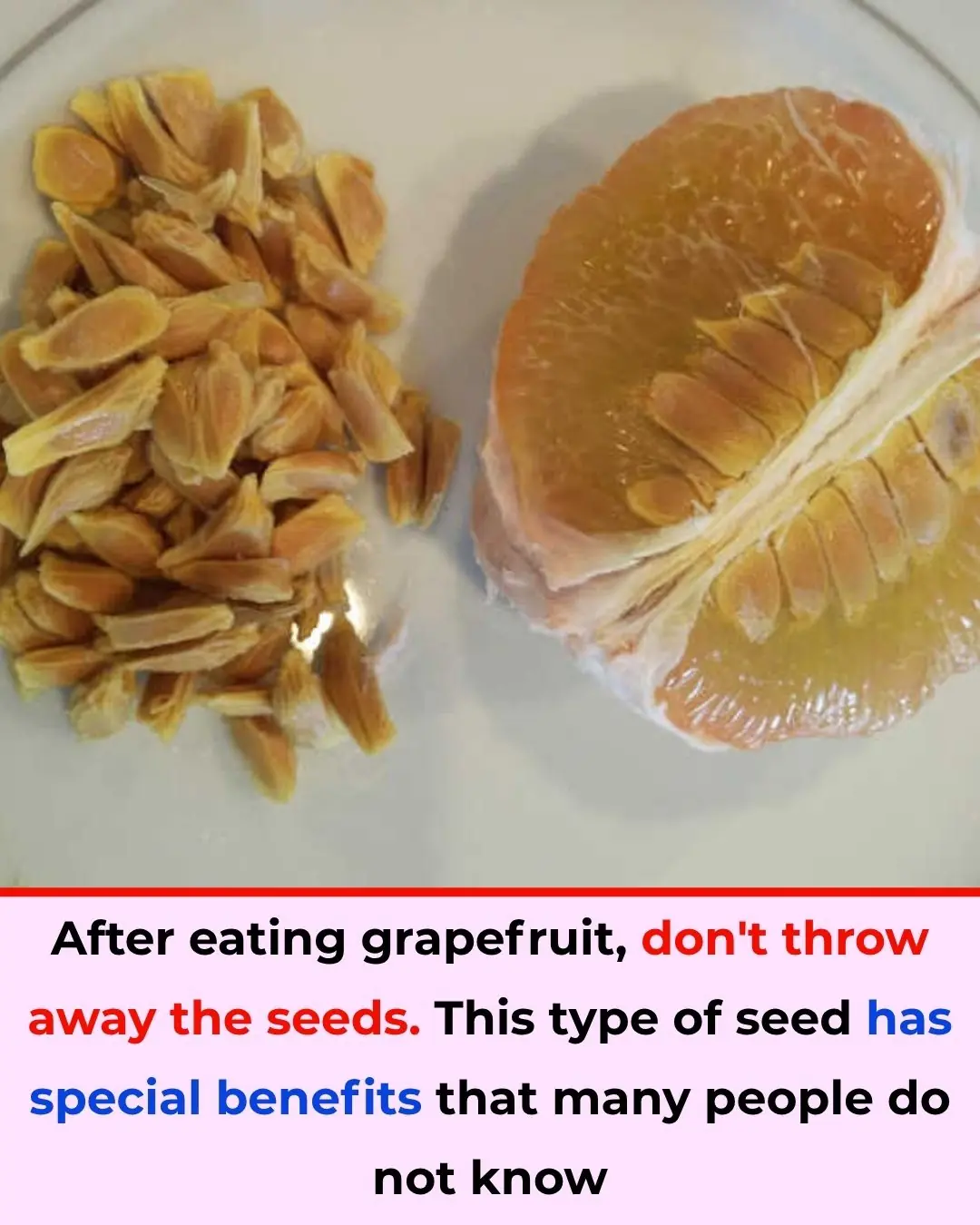
Don’t Throw Away Grapefruit Seeds – These Tiny Seeds Have Surprising Benefits
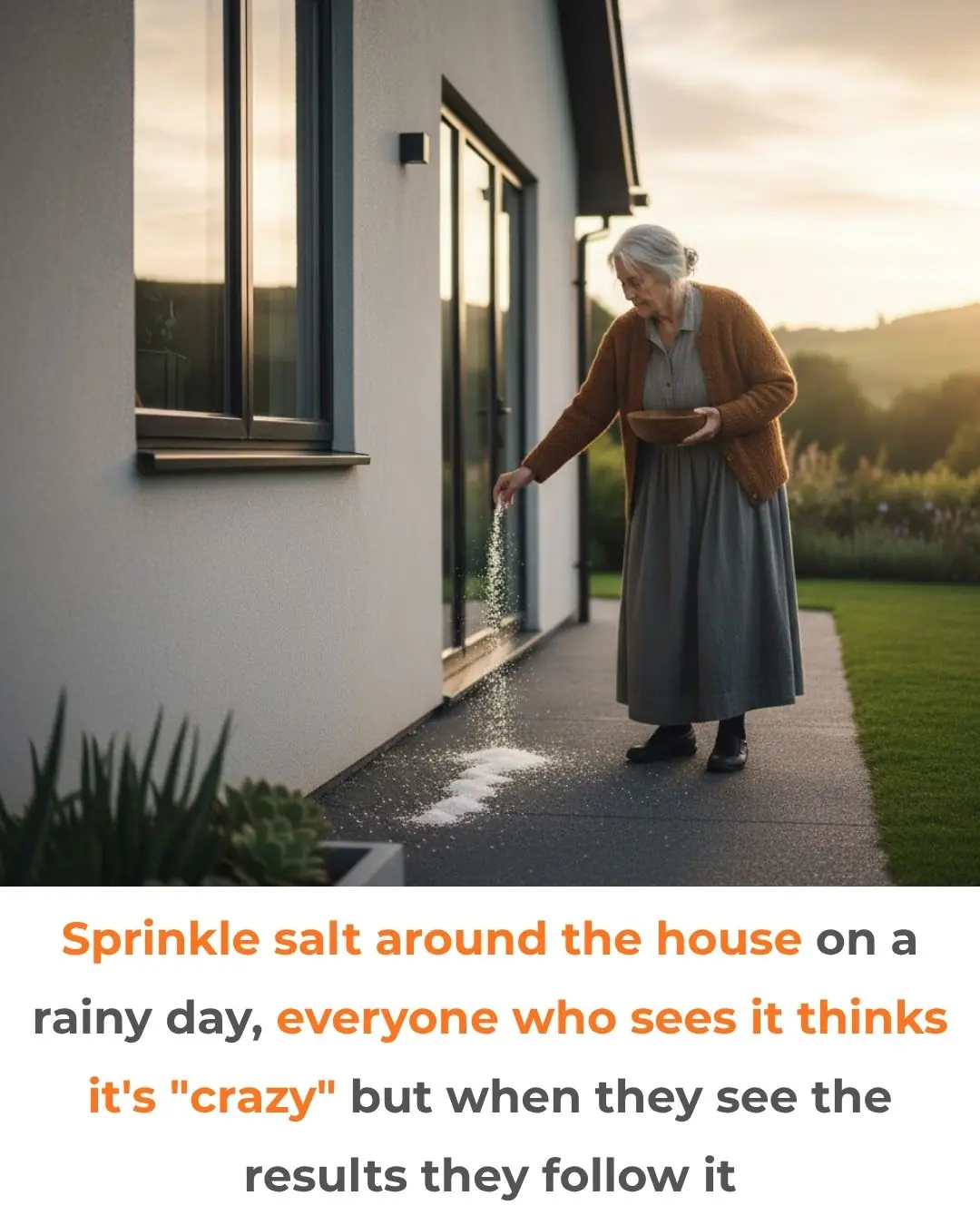
Sprinkle Salt Around Your Home on Rainy Days – It Sounds Strange, but the Results Are Amazing

Remove Bad Odors from Your Refrigerator Overnight with These Simple Tricks

Researchers Accidentally Capture Drone Footage of the Year: A Wild Bond Between Predator and Prey
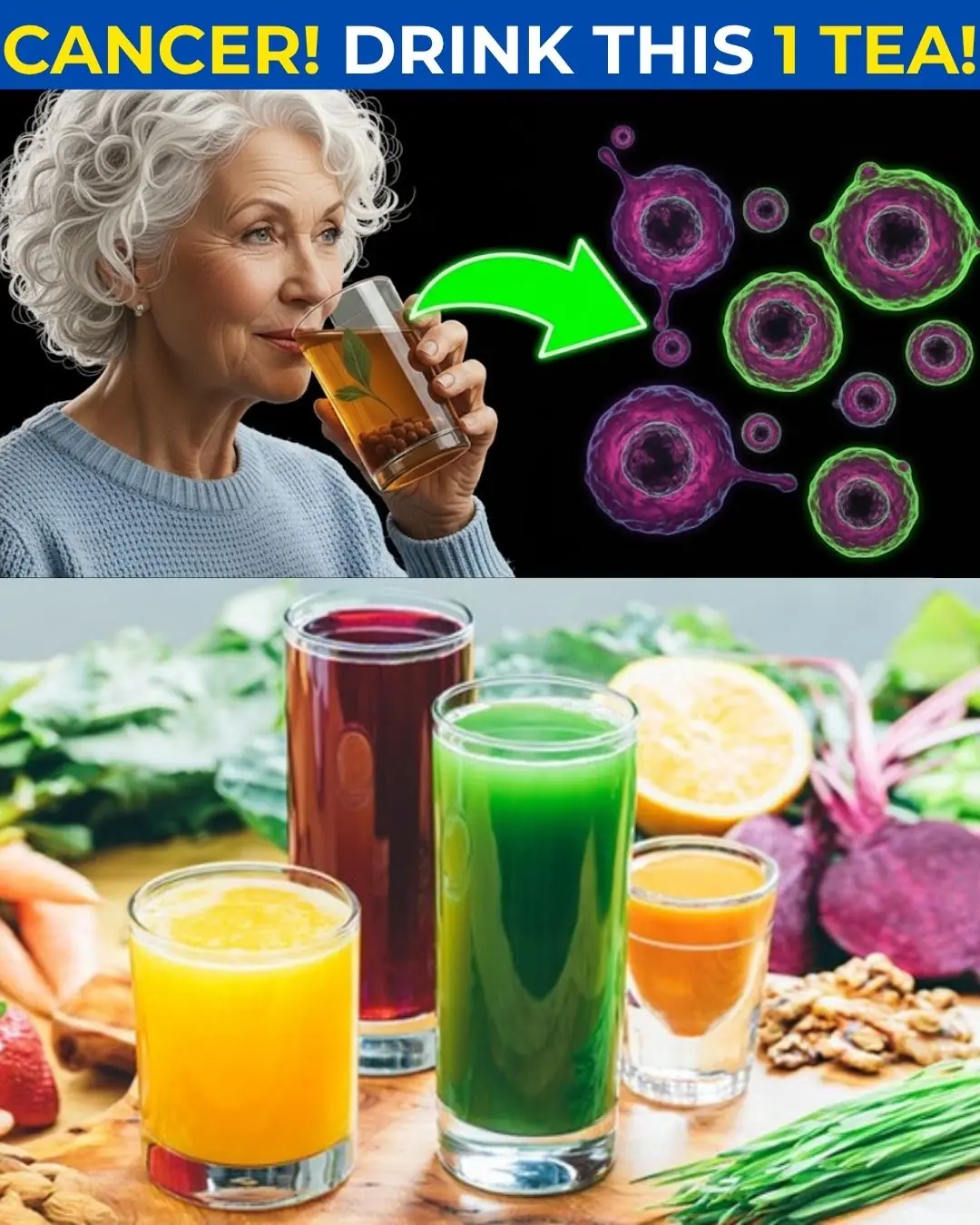
Top 10 Herbal Teas That Actually Kill Cancer — Why Is This Being Hidden? | Healthy Care

DON'T IGNORE! Top 8 Warning Signs Of Blood Clots

Castor Oil After 50: This Is What Happens After 7 Days Of Use!

He Couldn’t Pull Her Out — So He Held Her Hand.

Mix One Ingredient With Orange Juice To Flush Toxic Buildup From The Lungs
